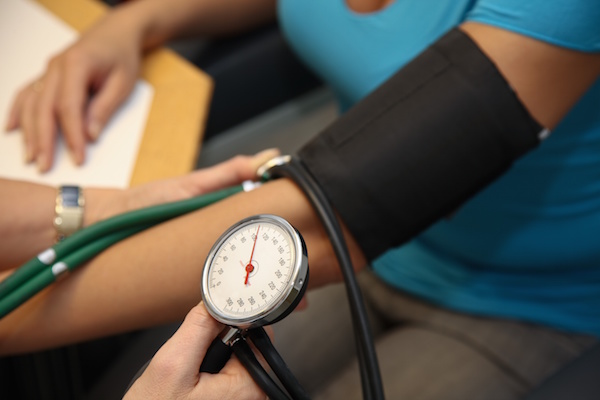
WEDNESDAY, Aug. 8 (HealthDay News) — Many patients who are being treated with “off-label” drugs are unaware that the medications they have been prescribed by their doctor aren’t being used in ways that would meet U.S. Food and Drug Administration approval, research shows.
Off-label drug use is a term used to describe when a medication is prescribed using a dosage, form of dosage, or for a purpose that hasn’t yet been approved by the FDA, the researchers explained in the report published online Aug. 6 in the Mayo Clinic Proceedings.
“Since the U.S. Food and Drug Administration does not regulate the practice of medicine, off-label drug use has become very common,” study lead author Dr. Christopher Wittich, an internal medicine physician at the Mayo Clinic in Rochester, Minn., said in a clinic news release. “Health care providers and patients should educate themselves about off-label drugs to weigh the risks and benefits before a physician prescribes one or a patient takes one.”
A 2006 report revealed that among the most common medications, roughly one in five prescriptions was for an off-label use, the researchers pointed out. For example, some antidepressants are considered a primary treatment for neuropathic pain, although this use is not FDA-approved.
Morphine, as well as many inhaled bronchodilators, antimicrobials, anticonvulsants and proton pump inhibitors are also prescribed for children without being FDA-approved for use in kids. Previous research has shown that about 79 percent of kids were taking at least one off-label medication when they were discharged from a children’s hospital, the study authors noted in the release.
Because doctors are not required to disclose the off-label use of a drug, and are also not liable for off-label drug use, patients are commonly not told that they are taking a drug in a way that is not FDA-approved, the researchers pointed out.
Drug makers, however, are not allowed to promote off-label uses of their drugs. Doing so can result in hefty fines, the study authors explained. For example, GlaxoSmithKline recently agreed to pay a record $3 billion to settle a case involving alleged off-label drug-use marketing, and Merck Sharp & Dohme was fined $322 million for allegedly promoting the painkiller Vioxx for an off-label use.
But, Wittich and colleagues noted, drug companies are allowed to respond to questions from health care providers and distribute peer-reviewed publications about off-label drug use.
The high costs and lengthy process of obtaining FDA approval may deter drug companies from seeking approval for a new drug indication, the researchers suggested.
More information
The American Cancer Society has more about off-label drug use.

